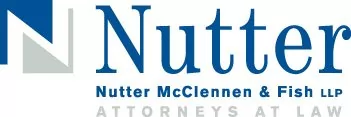While most of the changes resulting from the Leahy-Smith America Invents Act (AIA) have been implemented, a few provisions that will save applicants money do not go into effect until January 1, 2014. These cost savings relate to post-issuance fees and electronically filed assignment fees for all patent applicants, and Patent Cooperation Treaty (PCT) patent applications for small entities and micro-entities. Patent applicants may want to consider delaying the payment of certain fees in order to take advantage of these cost savings. For example, patent applicants who can pay an issue fee for a utility patent on or after January 1, 2014 will save $1120 because the issue fee will be reduced from $1780 to $960 and the $300 publication fee will be eliminated. Small entities and micro-entities will also pay lower issue fees as of January 1, 2014, with the issue fee for small entities being $480 (previously $890) and the issue fee for micro-entities being $240 (previously $445). Further, any size applicant can electronically file an assignment on January 1, 2014 or later for free, rather than paying the current $40 fee. Finally, beginning January 1, 2014, certain PCT application fees, including transmittal and search fees, will be reduced for small and micro-entities. For example, while any applicant used to have to pay a search fee of $2080, small entities will only have to pay a search fee of $1040 and micro-entities will only have to pay a search fee of $520.
For a full listing of the fee changes that will occur, click here.
This update is for information purposes only and should not be construed as legal advice on any specific facts or circumstances. Under the rules of the Supreme Judicial Court of Massachusetts, this material may be considered as advertising.


